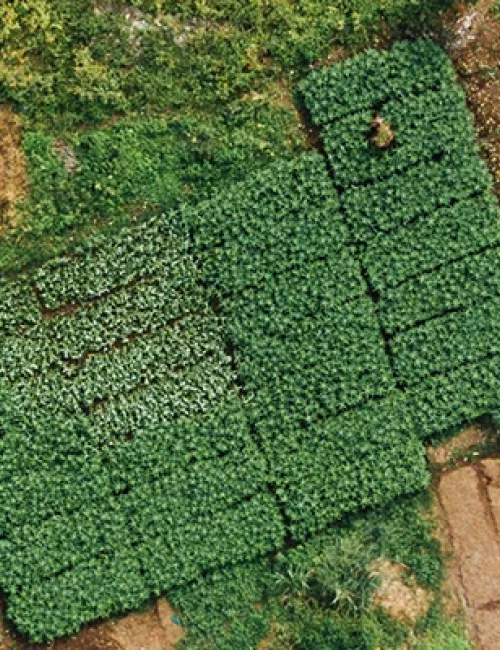This research initiative focuses on the future of small-scale agriculture in the global food system. Combining insight from leading global expertise with strategic dialogue processes in Africa, it deepened understanding and debate about the transformation of small-holder agriculture.
Our work
Rapid and fundamental changes in the global food system are related to urbanisation, changing consumption patterns, modernisation of markets and trade. How can the system be transformed, and what pathways and strategies will be socially, economically and environmentally desirable?
This project connected a global understanding on future opportunities and challenges with in-depth processes in Ghana and Zambia. Lead country partners engaged with key stakeholders to draw on well-established approaches to food systems analysis, foresight and scenario planning and participatory decision making.
Transforming small-scale family farming is critical to long-term global food and nutrition security, tackling rural poverty and hunger, and to achieving the Sustainable Development Goals (SDGs). Commercial small-scale family farms of 20 ha or less are and will remain critical to food supply in middle- and low-income countries.
Our report contributes to narratives about desirable futures for small-scale agriculture, narratives that are necessary to sway interests and generate political will for change.
Download the report
Farmers and food systems: What future for small-scale agriculture?
What does the future hold for the world’s 500 million small-scale farms as food systems change? A significant transformation of small-scale agriculture is needed to realise the SDGs, and to achieve healthier, more equitable and environmentally sustainable food systems. This report argues that a much deeper, more nuanced and up-to-date understanding of small-scale agriculture and family farming is urgently needed to drive such a transformation.


